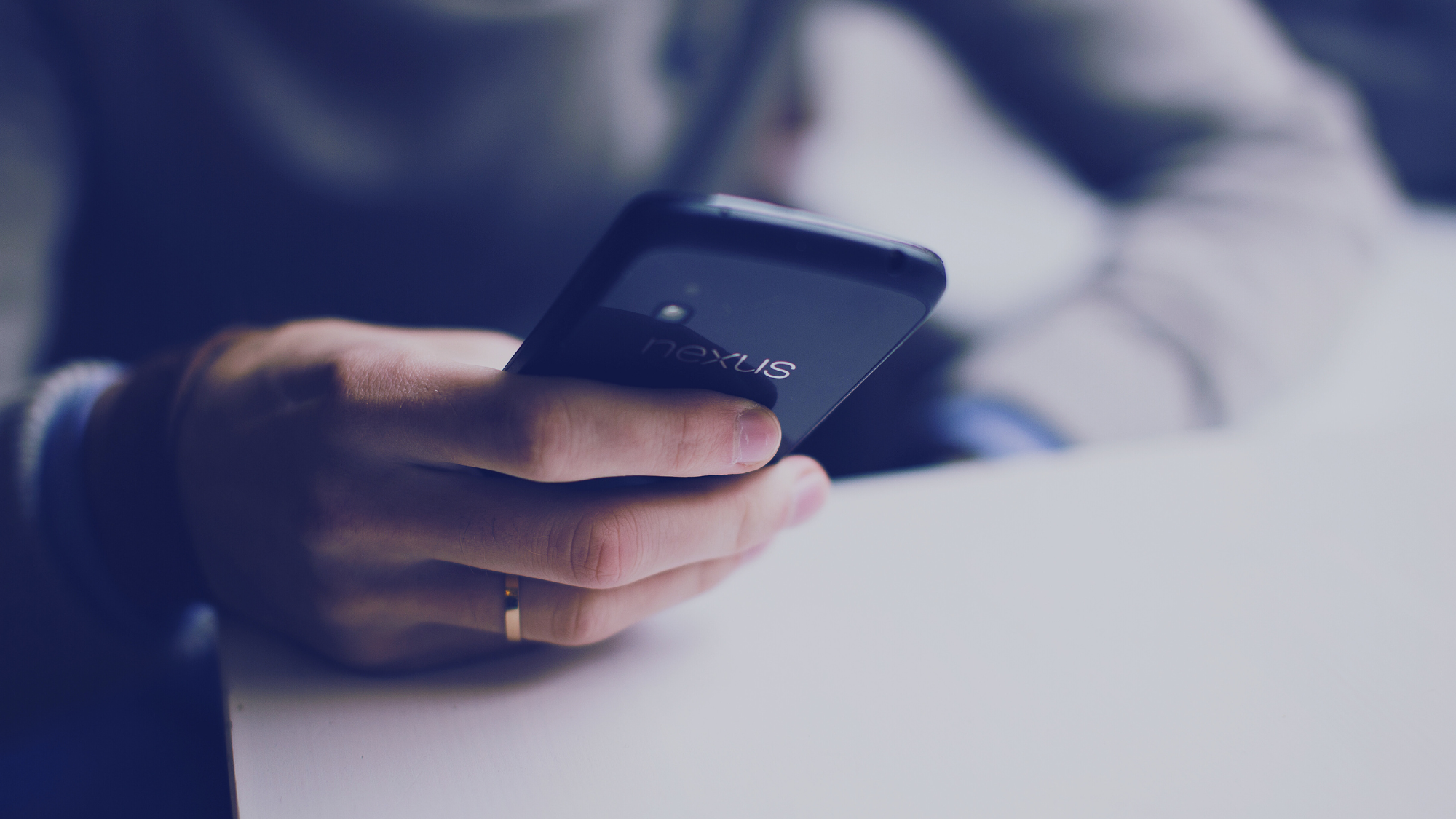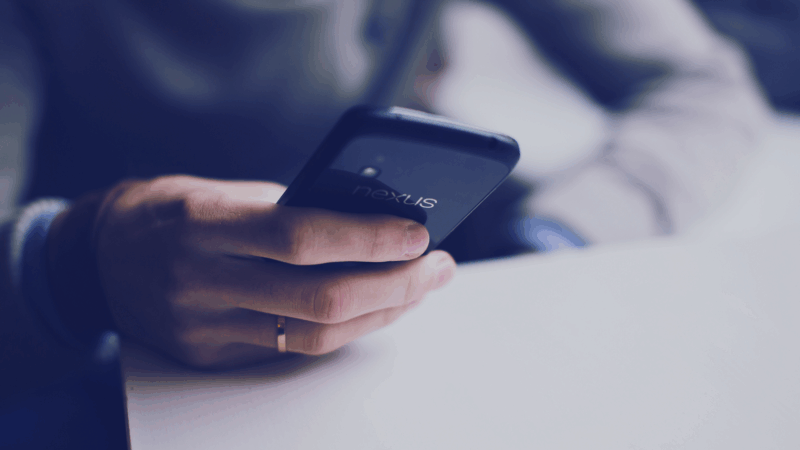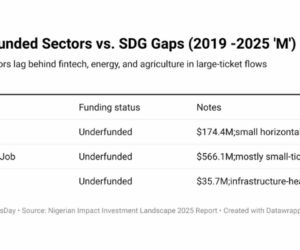
You get a text that looks like it’s from your bank. It says your account will be blocked in 24 hours unless you confirm your details. The message even includes a familiar logo and an urgent link. You panic, click the link, and moments later, the money in your account is gone.
That’s phishing, and it’s one of the most dangerous forms of online banking scams in Nigeria right now. Scammers have mastered the art of impersonating your bank, tricking people into revealing personal information such as ATM PINs, passwords, and OTPs.
In this article, we’ll explain how to spot phishing scams, the warning signs that your bank account is being targeted, and what to do to protect your money from online fraud.
What Exactly Is Phishing?
Phishing is a form of cybercrime where criminals disguise themselves as trusted organisations; banks, fintech apps, or even delivery companies to deceive you into sharing sensitive details. It usually happens through emails, text messages, social media DMs, or even fake websites that look like real banking portals.
In Nigeria, phishing has become alarmingly common as more people use digital banking and mobile money apps. Scammers now send messages that look identical to those from well-known banks, complete with logos and customer care tones. Some even create fake websites with only one or two letters changed in the URL, so you think you’re logging into your bank, but you’re really giving your details to a criminal.
Phishing scams thrive because they play on urgency and fear. Once you click that fraudulent link and enter your details, the scammers gain instant access to your bank account, and your money could disappear in minutes.
6 Signs You’re About to Be Phished
If you want to stay safe, you need to know what phishing looks like. Here are six clear warning signs that a phishing scam is targeting your bank account:
1. The link looks suspicious
Scammers rely on fake links that look almost identical to real ones. For instance, you might see something like www.gtbank-online.com instead of www.gtbank.com.
Always double-check the URL before entering your details. Real banks use secure websites that begin with https:// (note the “s”), not just http://. A single missing letter or symbol can mean the difference between your money being safe and your account being compromised.
2. The message sounds urgent or threatening
Your account will be blocked in 24 hours.
Click this link to avoid suspension.
If you’ve ever received messages like these, you’ve probably seen phishing in action. Scammers create panic to make you react without thinking. No legitimate bank in Nigeria will ever threaten to close your account via SMS or WhatsApp. If it feels rushed or alarming, it’s likely fake.
3. The sender’s email or phone number looks off
Fraudsters often send phishing messages from free accounts like Gmail or Yahoo. A message from zenithbankhelp@gmail.com is an immediate red flag, real banks use only official domains, the one without the ‘gmail.com’ name extension.
Similarly, if a “bank representative” calls you from a personal number or unknown caller ID, hang up immediately and contact your bank using their verified customer service line.
4. They ask for sensitive information
No real bank will ever ask for your PIN, OTP, password, or BVN, not by text, not over the phone, not through WhatsApp, and definitely not through links.
Phishing scammers know you’ll trust familiar voices or names, so they impersonate bank staff. Once you share your details, they gain full access to your online banking account.
Always remember: if someone asks for your OTP, it’s a scam.
5. Poor spelling and awkward writing
This might sound simple, but it’s one of the easiest ways to spot phishing attempts. Many fake messages are poorly written, with odd grammar or punctuation. Legitimate banks spend time crafting clear, professional communication, scammers don’t.
If an email sounds off, feels strange, or looks unprofessional, delete it immediately.
6. It sounds too good to be true
Congratulations! You’ve won ₦500,000 from your bank for being a loyal customer.
That’s a classic phishing trick.
Scammers use fake “rewards,” “bonuses,” or “account upgrades” to make you click links or share information. Real banks don’t give out cash rewards randomly or ask for personal details to claim them.
If it sounds unrealistic, it probably is.
What To Do If You’ve Been Phished
If you think you’ve clicked a phishing link or shared sensitive information, act quickly. Every second counts.
-
Contact your bank immediately. Ask them to freeze or temporarily block your account.
-
Change your passwords. Update your online banking and email passwords right away.
-
Report the scam. Reach out to your bank’s fraud department, or report to the EFCC Cybercrime Unit or NCC Consumer Protection desk.
-
Warn others. Delete the message and tell your contacts about it so they don’t fall victim too.
The faster you act, the higher your chance of recovering your account or preventing more loss.
How To Protect Your Bank Account From Phishing
Phishing scams are constantly evolving, but you can still stay safe with a few practical habits:
-
Never click random links; always type your bank’s website manually.
-
Enable two-factor authentication (2FA) on all your financial apps.
-
Use strong passwords and avoid using the same one across multiple accounts.
-
Update your banking apps regularly to fix security vulnerabilities.
-
Be cautious on social media. Don’t post personal details like your full name, phone number, or bank used.
Building safer online habits can make it significantly harder for scammers to exploit you.
RELATED: Scammers Are Getting Smarter. These 7 Moves Will Keep Your Bank Account Safe
Phishing scams in Nigeria are not slowing down, they’re getting more sophisticated by the day. But awareness remains the strongest defence. Every time you receive an email, text, or call that feels suspicious, pause and verify before taking action.
Your bank will never ask for your OTP, PIN, or password, and they won’t send links asking you to “verify” your account. Protect your bank account by staying alert, double-checking every message, and educating people around you.
Because in today’s digital world, online safety is financial safety.







